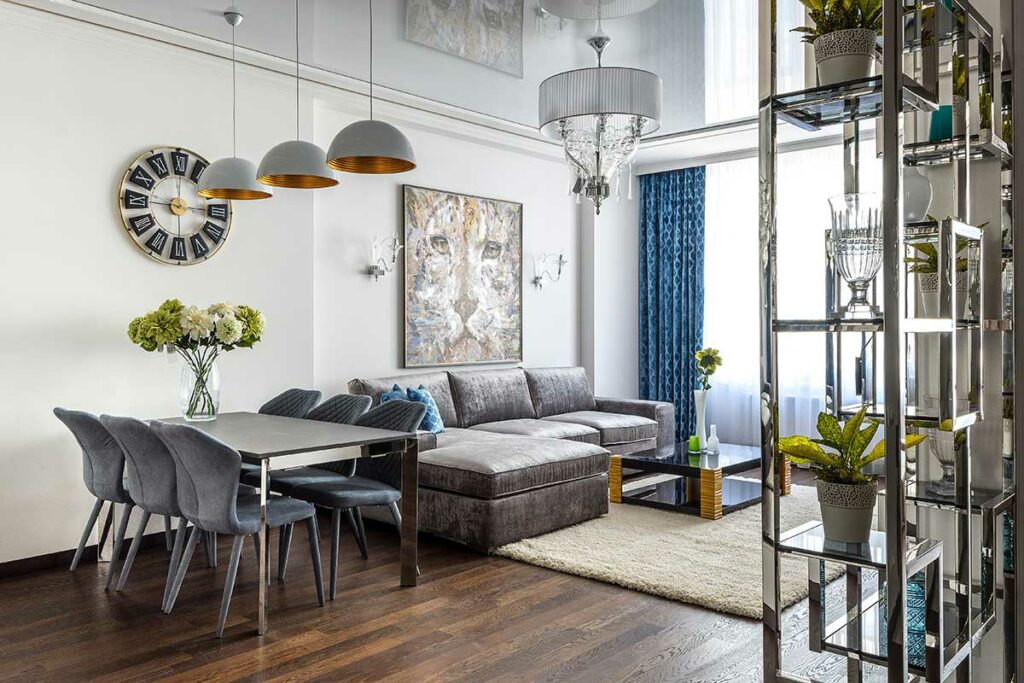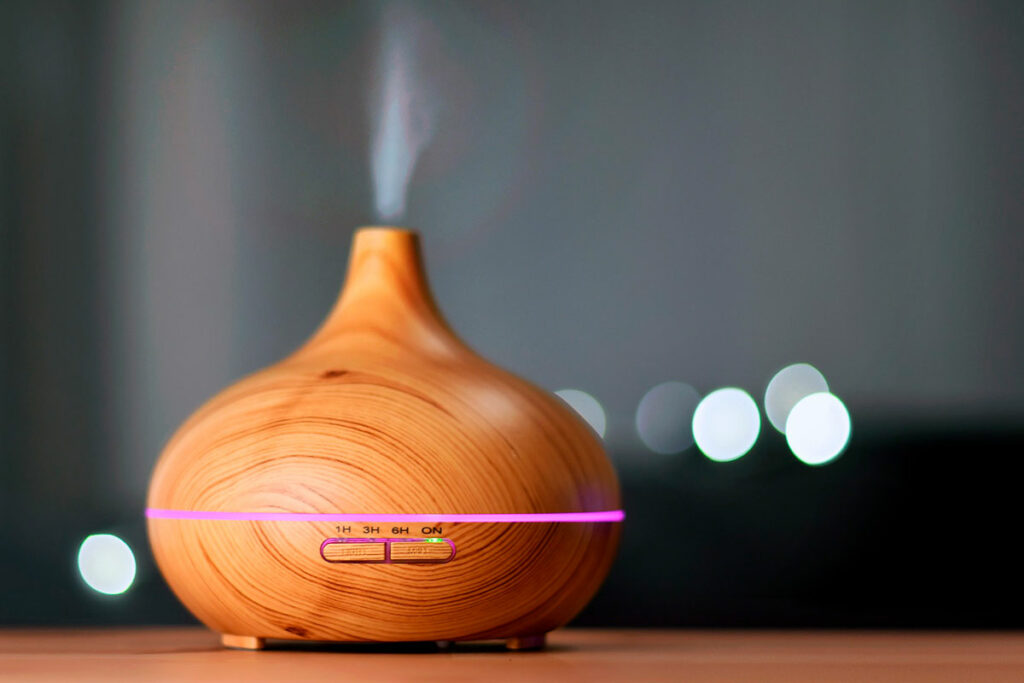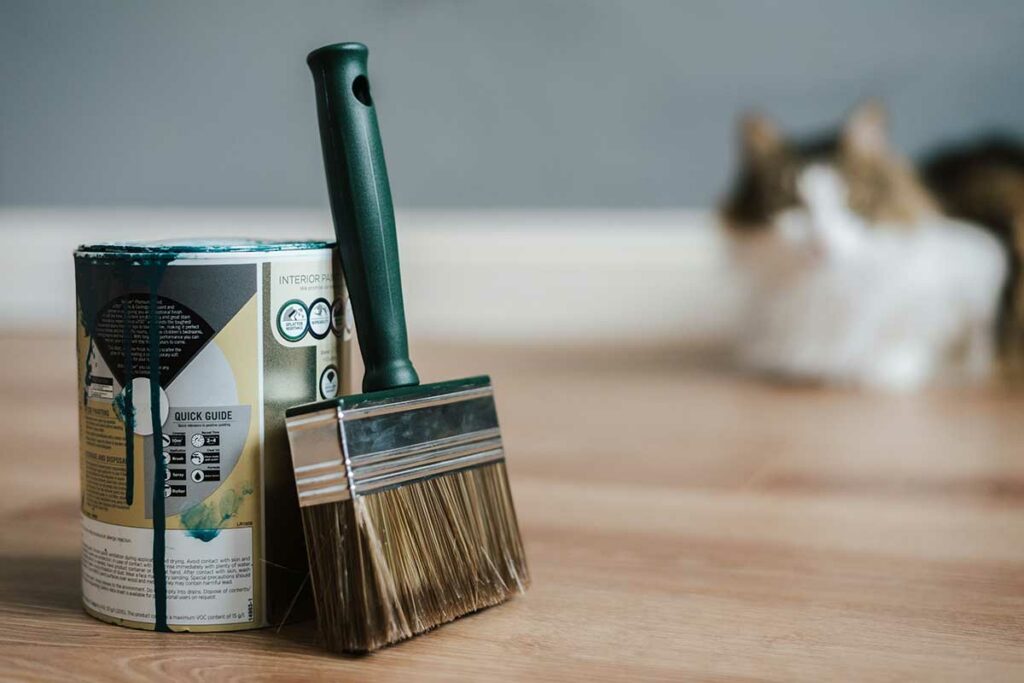We design our homes to provide a safe, comfortable and secure space for the people and things we love. Yet, our houses can give rise to risks that may negatively impact our physical and mental health. Whether you are renovating a room or the entire house, there is a lot you can do to create a safe and healthy environment for you and your family. Here are a few ideas to consider when renovating your house:
Improve water quality by installing water filters

Water is an essential component in our houses. Your home cannot be a sanctuary for your loved ones if the water appears cloudy, has a nasty taste, or leaves behind icky deposits. To improve water quality, consider installing water filters, but do not attempt to do that yourself – you need a licensed plumber. Install them in your kitchen, your bathroom or the whole house to get the best water quality.
Light up your home with more natural light

As you renovate your home, focus on bringing in more natural light all around your home. The amount of natural light you let in will impact your circadian rhythm. Circadian rhythm plays a more proactive role in controlling our moods, hormone levels, and behaviors. To bring more natural light into your home, you can:
- Install skylights or large windows
- Lighten up your walls by painting them in warm colors
- Demolish some walls and replace them with glass or windows
- Go for light blinders or sheer fabrics instead of heavy window dressing
- Use mirrored surfaces to let in more natural light
Add more windows to improve airflow

Before installing any air filters, test for radon levels in your home. The process is easy and quite affordable. Consider installing air filters in your central heating, air conditioning, and ventilation systems. Also, invest in carbon monoxide detectors and install them in your living or sleeping areas.
You can also introduce greenery and air purifying plants inside and outside your home. Some examples of suitable plants for purifying the air are:
- Snake plants
- Spider plants
- Lady palm
- Parlor palm
- Dracaena plant
- Peace lily
- Boston plant or bamboo palm
Control humidity levels

Humidity levels in your home should be between 40 to 60%. Low humidity may cause nose and throat irritation, dry skin, flaky and dry eyes. On the other hand, excess moisture may cause mold and rot all over the house. The mold in your house may increase the likelihood of you and your loved ones developing allergies or asthmatic symptoms.
Consider renovating your ventilation systems and using humidifiers and dehumidifiers to maintain ideal humidity levels in your home.
Use zero VOC products when renovating

Be cautious of the building materials you bring into your home. Avoid products with VOCs (Volatile Organic Compounds). Most countertops, cabinets, paints on the wall, couches, etc., can emit VOCs. As you paint your walls, choose paints with fewer or zero VOCs.
Go for flooring choices that provide good air quality

Your flooring choices can affect the house’s air quality. Consider renovating your floors and going for hardwood, tile, or linoleum floors. These floors are easy to clean, eliminating the need for cleaning products that may have off-gas VOCs. Choose original hardwood floors instead of engineered wood flooring if you opt for hardwood. Industrial wood flooring options contain gluing components that may harm your health.
Include a fitness room or space in your home

Transform one of the rooms in your house into a fitness room. If you have no extra rooms, turn a small area into a gym. You can even use dead spaces or corners to create a fitness space.
Summary
If you decide to renovate your house, put your health first. Consider letting in more natural light, using healthier building materials, adding water filters and air filters in your home, and creating fitness and socialization areas for your household.

